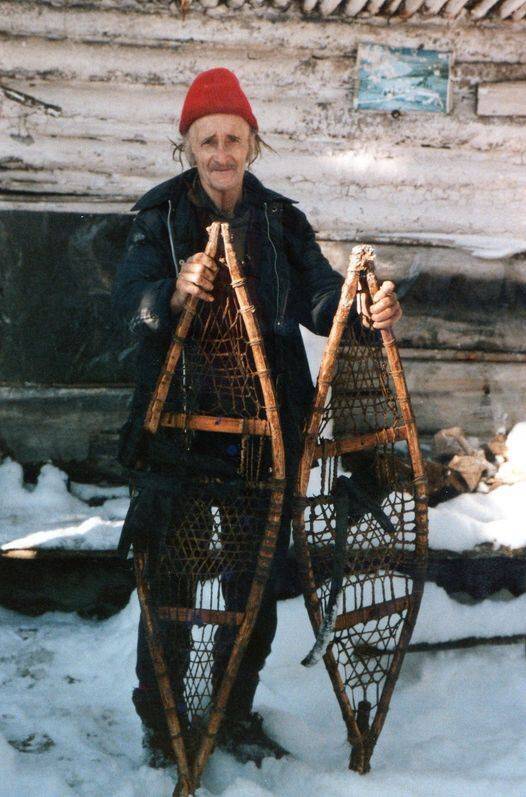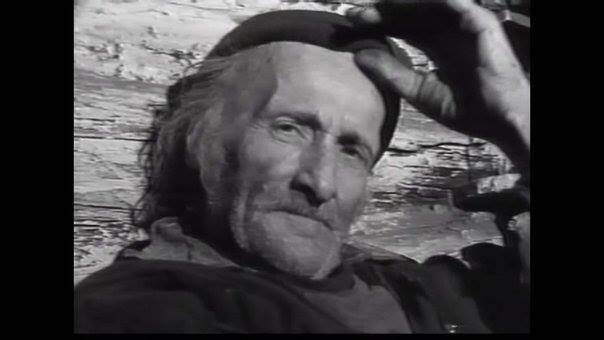These iconoclasts shunned the modern world and ventured into the most remote reaches of planet Earth to live in total isolation — sometimes for decades on end.
In 1854, Henry David Thoreau published what many consider to be his magnum opus, Walden, a collection of 18 essays written in isolation at a small shack on the edge of Walden Pond. Although it received little attention in Thoreau’s time, Walden has been lauded since the early 20th century as an influential piece of writing on labor, individualism, and nature.
Of course, Thoreau neglected to mention in his essays that his wild, “off the grid” life was actually quite tame. While he lived in his famous cabin — which sat on land owned by his friend Ralph Waldo Emerson — his mother frequently helped him with laundry and brought him food. In fact, the cabin was only about a 20-minute walk from his family home.
So, while Thoreau’s writing certainly remains influential and inspirational nearly 200 years after its publication, the man himself was hardly the embodiment of off-grid living.
The nine people on this list, on the other hand, truly embraced the hermit lifestyle, living off the grid in the untamed wilderness and surviving entirely on their own.
Willard Kitchener MacDonald: The Hermit Of Gully Lake

FacebookWillard Kitchener MacDonald, a.k.a. “The Hermit of Gully Lake.”
In late 1944, Willard Kitchener MacDonald was conscripted to go overseas and fight in World War II. Instead, MacDonald jumped from a troop train and began living his life in a secluded hut by Gully Lake in Nova Scotia — where he remained for nearly 60 years.
“Well, it’s one of the things about miracles is they sometimes happen,” MacDonald said in a 2007 documentary about his life, Willard: The Hermit of Gully Lake. “I believe in miracles.”
While the exact date of the beginning of MacDonald’s isolation is unclear, most people who knew him assumed that he initially fled into the woods to avoid being captured for deserting the war cause. Perhaps, they theorized, he then simply fell in love with the lifestyle, as he remained at his small Gully Lake cabin even once the Canadian government granted amnesty to deserters in 1950.
What is clear, however, is that MacDonald felt he needed very little to survive. He inherited his father’s love of music and built himself a guitar while living in his isolated cabin. He had little else in the way of entertainment.

FacebookA 2007 documentary about MacDonald’s life and final days was released on YouTube a few years after his death.
For meals, MacDonald caught fish, hunted, and foraged for mushrooms and plants that grew in the woods surrounding his crude abode. The only possessions he kept with him were several books, his own writings, his guitar, and a rifle.
Unfortunately, MacDonald’s cabin and belongings burned in a forest fire in 2003, just one year before the hermit’s death.
Following the fire, MacDonald reluctantly moved into a cabin that Colchester County officials had built for him. However, he fled into the woods once more when his friends tried to convince him to seek medical treatment against his will. Several months later, on June 27, 2004, a search party discovered MacDonald’s remains in the wilderness.





